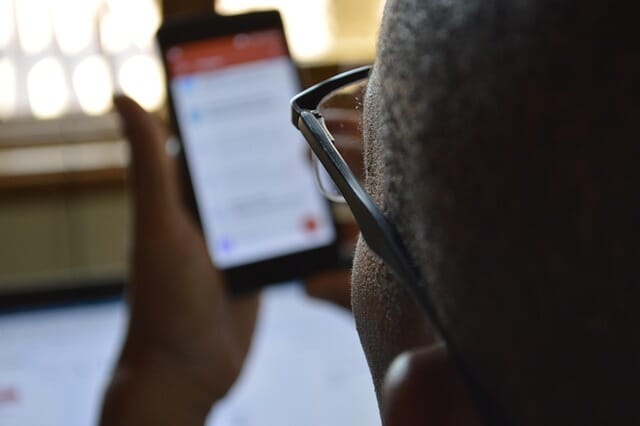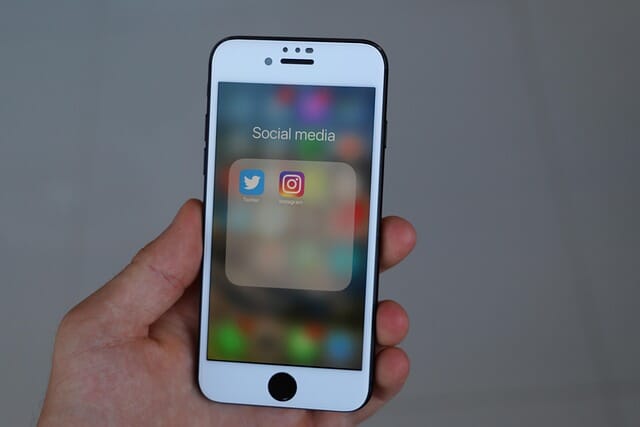
Is It Possible to Track a Cell Number Location? Here's What You Need to Know!
Introduction
In the age we live in, where technology has transformed the way we communicate, one question often arises: Is it possible to track a cell number location? The need for tracking a phone's location isn't limited to just keeping tabs on our loved ones; it can also be essential for safety, business, and even legal purposes. In this comprehensive article, we'll delve deep into various methods of tracking track unknown calls Arizona cell phone locations, explore reverse mobile lookup services, and discuss the ethical implications surrounding these practices. So buckle up as we navigate through this fascinating topic!
Is It Possible to Track a Cell Number Location? Here's What You Need to Know!
Yes, it is indeed possible to track a cell number's location using several methods and technologies available today. From GPS features in smartphones to specialized apps and services that offer reverse mobile lookup capabilities, the options are vast.
Understanding Cell Phone Tracking
Before diving deeper into Arizona phone book how you can track a cell number's location, it's vital to understand what cell phone tracking entails.
What is Cell Phone Tracking?
Cell phone tracking is the process of locating a device using various technologies such as GPS (Global Positioning System), Wi-Fi triangulation, and cellular network data.
How Does It Work?
-
GPS Technology: Most smartphones come equipped with GPS chips that allow them to determine their exact location based on satellite signals.
-
Wi-Fi Triangulation: If a device is connected to Wi-Fi, its location can be determined by measuring the signal strength from nearby routers.
-
Cell Tower Data: Mobile service providers can also use data from cell towers to approximate a device's location.
Why Would You Want to Track Someone's Location?
There could be numerous reasons why someone might want or need to track another person's phone number:
-
Parental Control: Parents may want to keep an eye on their children's whereabouts for safety reasons.
-
Business Needs: Companies may track employees' locations for logistical reasons.
-
Lost Devices: If you've misplaced your phone, knowing its last known location can be invaluable.
Methods of Tracking a Cell Number Location
Now that we've established that it's possible let's explore some effective methods for tracking a cell number’s location.
1. Using Built-in Phone Features
Most smartphones come with built-in features that allow users to share their locations.
For iPhone Users (Find My iPhone)
Apple offers an integrated feature called "Find My iPhone," enabling users to locate their devices easily. Here’s how:
For Android Users (Google Maps)
Similarly, Android users can utilize Google Maps’ location-sharing feature:
2. Third-party Tracking Applications
In addition to built-in features, many third-party applications specialize in tracking locations.
Popular Apps for Location Tracking
-
Life360: A family locator app that provides real-time updates on family members' locations.
-
Glympse: Allows users to share their real-time locations temporarily.
-
Geo Tracker: Primarily focused on outdoor activities but also enables sharing locations with friends.
3. Reverse Cell Phone Lookup Services
If you're trying to find out who owns a particular cell number or where they are located without their consent, reverse cell phone lookup services can help.
What is Reverse Cell Phone Lookup?
A reverse cell phone lookup allows you to enter a phone number and retrieve information about the owner, including their name and potentially their last known address.
How Do These Services Work?
These services aggregate information from public records and databases:
Ethical Considerations Around Tracking Cell Numbers
While technology allows us incredible capabilities in tracking cell numbers' locations, ethical considerations cannot be overlooked.
Consent is Key
Tracking someone's phone without their knowledge or consent raises significant ethical concerns:
- It could violate privacy rights.
- Legal repercussions might follow if used maliciously.
When is it Acceptable?
Tracking someone’s location can be deemed acceptable under specific conditions:
- Parental monitoring of minors
- Tracking employees during work hours (with prior notice)
FAQs
1. Can I track my lost smartphone?
Yes! Both Apple and Android devices provide built-in features that help locate lost smartphones when enabled beforehand.
2. Are there costs involved in using reverse mobile lookup services?
Most basic searches are free; however, detailed reports often require payment depending on the service provider you choose.

3. Can I trace someone else's cell number without their knowledge?
While technically feasible through certain apps or services, doing so without consent raises ethical issues and potential legal consequences.
4. Is GPS tracking reliable?
Yes! GPS tracking is generally reliable but can sometimes be affected Arizona telephone directory by environmental factors like tall buildings or dense forests that obstruct satellite signals.
5. How accurate are mobile network-based location services?
Mobile network-based services provide approximate locations based on cell tower connections but are typically less accurate than GPS-enabled solutions.
6. Can I turn off my phone's location tracking?
Absolutely! Both iOS and Android devices allow users to toggle off location settings at any time via settings menus.
Conclusion
To sum up our exploration of whether it’s possible to track a cell number's location—yes! With various methods from built-in smartphone features like Find My iPhone or Google Maps to third-party applications and reverse mobile lookup services, individuals have numerous tools at their disposal for locating devices or identifying owners of unknown numbers. However, as tempting as these capabilities may be, it's crucial always to consider ethical implications before proceeding with any form of tracking—after all, respecting privacy should always remain paramount in our increasingly connected world.
So next time someone asks you— Is It Possible To Track A Cell Number Location? Here's What You Need To Know!, you'll have all the insights at your fingertips!